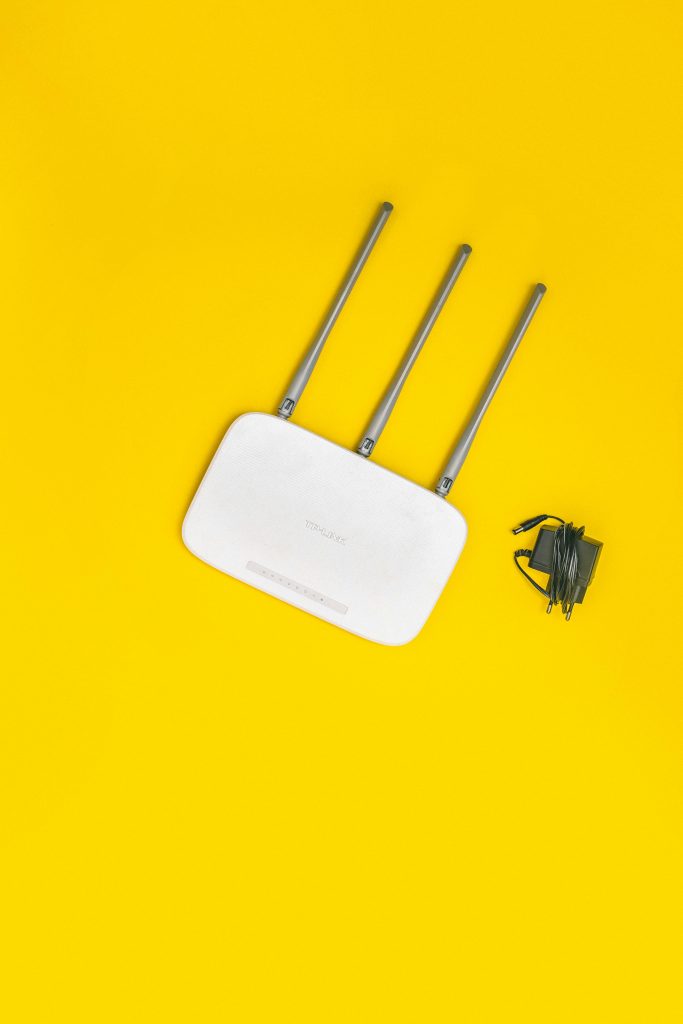Understanding and Troubleshooting Overheating Issues in PC Gaming: A Case Study with Marvel Rivals
When engaging in PC gaming, encountering technical issues can be both frustrating and disruptive to the user experience. One user recently shared a complex problem involving excessive CPU temperatures and system instability specifically linked to the game Marvel Rivals. This case offers valuable insights into diagnosing and resolving game-specific hardware conflicts.
Case Overview
The user reports operating a custom PC build featuring a Ryzen 7 5800X processor, an NVIDIA GeForce RTX 3060 graphics card, and 40GB of RAM. Notably, the problem arises solely when launching Marvel Rivals, with no other applications causing similar symptoms. The issue manifests as the CPU temperature skyrocketing to approximately 200°F, after which the entire system automatically reboots to prevent hardware damage—a protective measure for overheating.
Challenges Faced
The primary concern is preventing system shutdowns while maintaining optimal gameplay performance. The user has already undertaken some troubleshooting, including searching online and browsing relevant online forums. Unfortunately, these efforts yielded no concrete solutions, leading to significant frustration, expressed through the user’s exasperation.
Technical Analysis
Overheating during gaming sessions can stem from numerous factors, including insufficient cooling, thermal paste degradation, system airflow issues, or software-related anomalies. Since the issue appears specific to Marvel Rivals, potential causes include:
- Game Optimization: Marvel Rivals may be poorly optimized, causing high CPU utilization and thermal loads.
- Background Processes: Other software running concurrently could exacerbate CPU stress.
- Hardware Configuration: While hardware specs seem adequate, cooling setup or thermal management might be insufficient.
- Driver or Software Conflicts: Outdated or incompatible drivers, or background software conflicts, could lead to abnormal CPU behavior.
Recommended Troubleshooting Steps
-
Monitor Temperatures and Usage: Use tools such as HWMonitor, MSI Afterburner, or CPU-Z to track real-time CPU temperatures and usage during gameplay. This can help confirm whether specific scenes or actions trigger thermal spikes.
-
Assess Cooling Solutions: Ensure that CPU cooling solutions (air or liquid) are functioning properly. Check for dust buildup, secure mounting, and appropriate fan speeds.
-
Update Drivers and Software: Verify that all drivers, especially chipset, CPU, and GPU drivers, are up to date. Also, ensure Windows updates are current.
-
Check Background Applications: Close unnecessary programs running in the background to reduce CPU load.
5.
Share this content:



